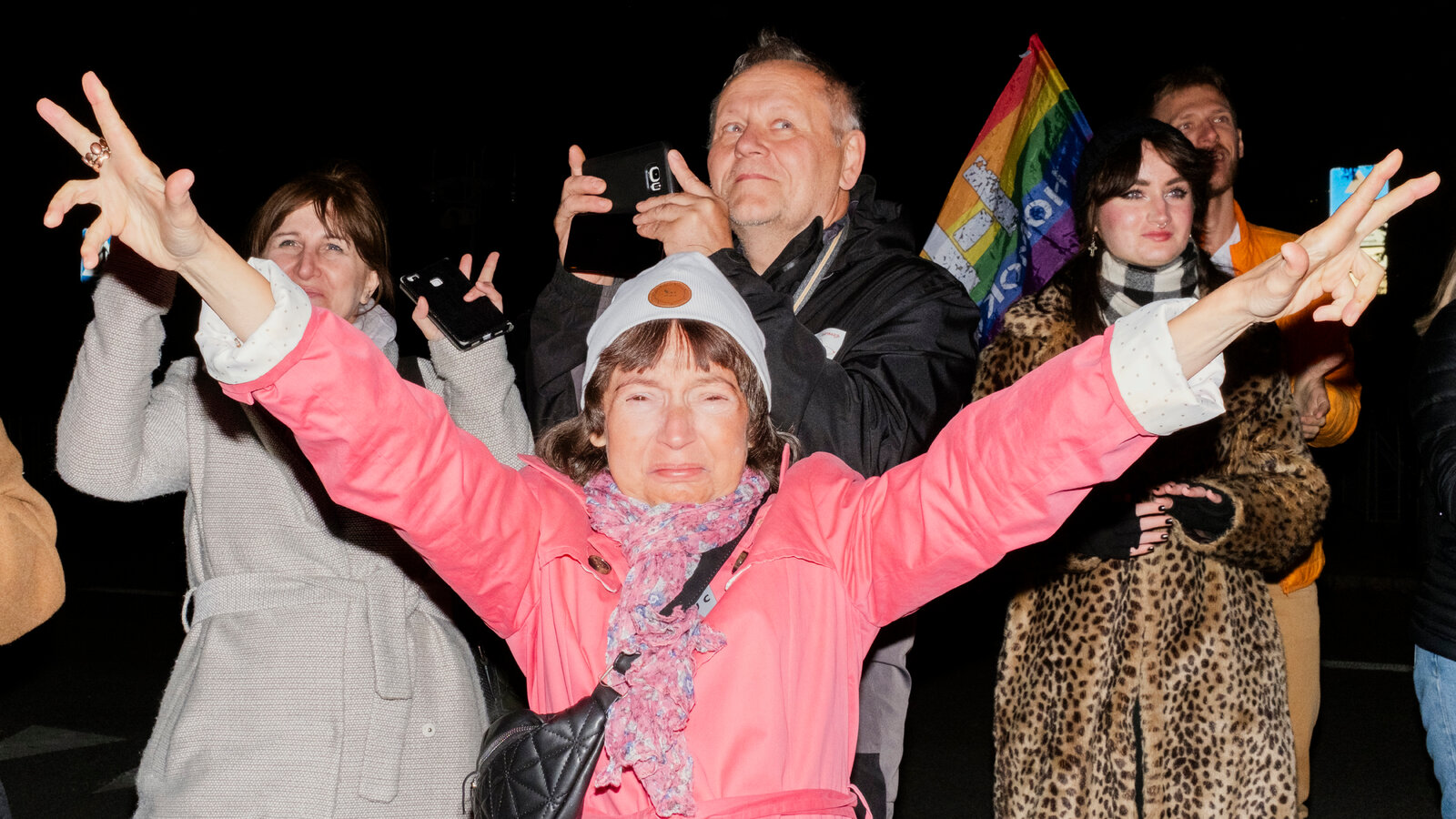By David Shimer
Copyright nytimes

Skilled opposition movements leverage authoritarian misbehavior to mobilize voters. In 1975, Prime Minister Indira Gandhi of India oversaw the declaration of a state of emergency, which her government used to suspend civil liberties, censor the press and arrest critics. This power grab helped to unify the opposition and shape its message during the 1977 election, which Gandhi lost decisively before staging a comeback in 1980.
When authoritarian leaders escalate efforts to remain in power, successful opposition movements anticipate and thwart this escalation, including through peaceful protests. In Ukraine’s 2004 election, Viktor Yushchenko, the charismatic opposition leader, appeared to anticipate that the ruling regime would doctor the results. Indeed, as voting unfolded, election monitors and the independent press reported widespread irregularities. Mr. Yushchenko filed an appeal with the Supreme Court and rallied his supporters. Hundreds of thousands of Ukrainians protested peacefully in Kyiv. Citing fraud, the Supreme Court invalidated the runoff and ordered a second vote in which the opposition triumphed.
But judges can help protect elections only if they are willing to uphold the law. After Brazil’s 2022 election, when it was announced that Jair Bolsonaro’s rival, Luiz Inácio Lula da Silva, had won, supporters of Mr. Bolsonaro set up roadblocks across the country in protest. Brazil’s supreme court swiftly ordered these roadblocks dismantled, and the country’s electoral court certified the result even as Mr. Bolsonaro refused to concede.
Successful democratic movements depend, above all, on courage. In the Philippines in 1986, when the longtime dictator Ferdinand Marcos called a snap election, the opposition leader Corazon Aquino rallied the nation, vote tabulators risked their livelihoods to expose rampant fraud and key Philippine military, diplomatic and religious officials broke with Marcos. More than a million citizens protested peacefully, including Catholic nuns who knelt in front of army tanks. In 1989, when Poland held its first semi-free elections in over four decades, millions of citizens living under Communist rule accepted the risks of attending opposition rallies, distributing pamphlets, and casting ballots in favor of the Solidarity movement. In both instances, the opposition ultimately prevailed.
Every citizen has a role to play in helping democratic movements succeed. Opposition figures need courage to unify and lead. Judges, business executives, lawyers and journalists need courage to withstand intimidation. Voters need courage to participate in elections, protest peacefully and act with agency rather than adapt to authoritarian rule. History can offer both guidance and hope: Authoritarians have lost elections before, and they will again.



